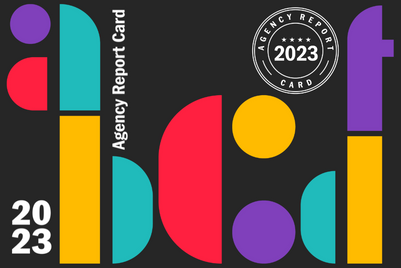
While 57% of marketers say audience data is very valuable to them (and only 1% say it is not at all valuable), only 14% of marketers say their purchases of audience data are very successful, according to a new report from DMP (data-management platform) provider Lotame.
The company's survey of 300 brand marketers that purchase or use audience data found that only 20% are “very confident” about the accuracy of the data they buy, while 68% are “somewhat confident.” Meanwhile, 12% are either “slightly confident” or “not confident at all” in the accuracy of the data they purchase.






| See more Top of the Charts |


.jpg&h=334&w=500&q=100&v=20250320&c=1)
.jpg&h=334&w=500&q=100&v=20250320&c=1)
.jpg&h=334&w=500&q=100&v=20250320&c=1)




.png&h=334&w=500&q=100&v=20250320&c=1)







.png&h=268&w=401&q=100&v=20250320&c=1)
